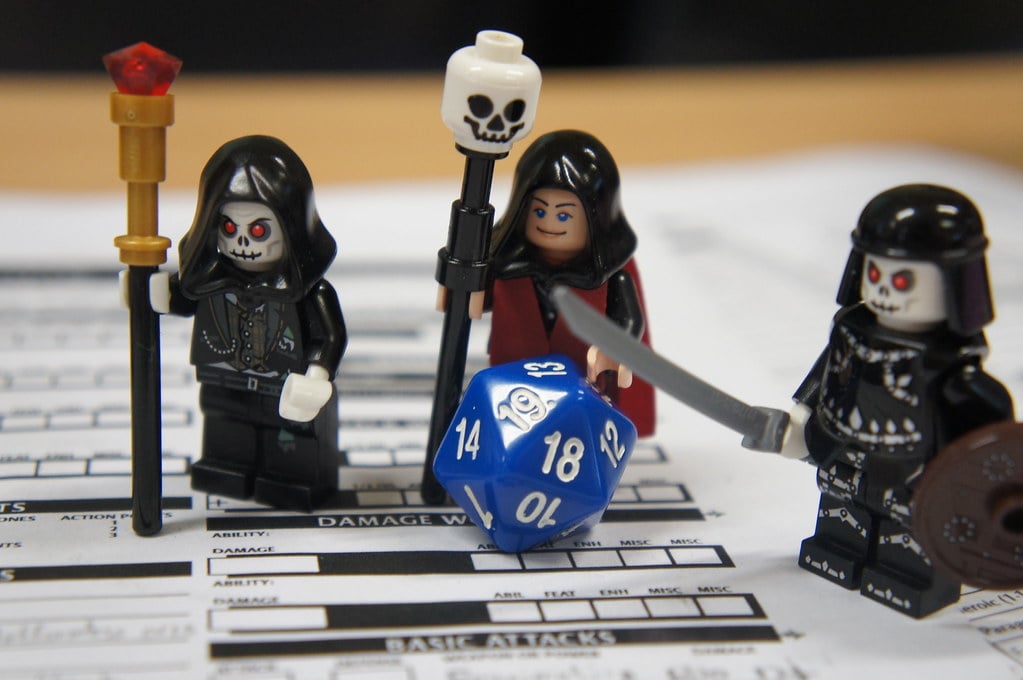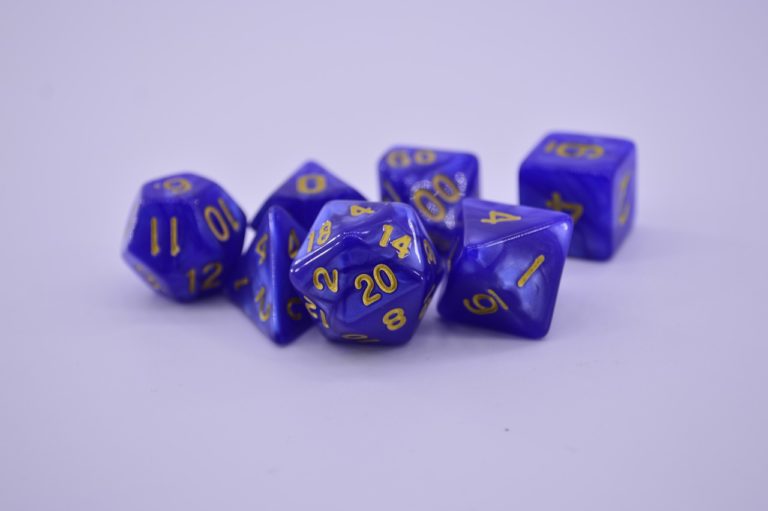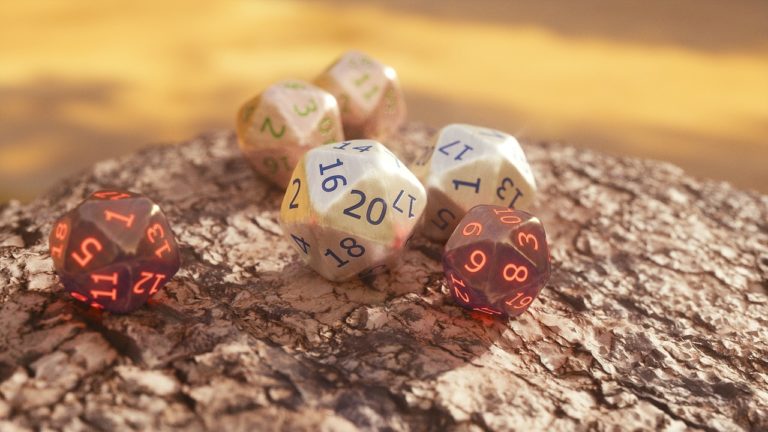Minor Illusion 5E Guide | Attributes, Pros, Cons, and Uses
Welcome to the Minor Illusion 5E spell breakdown! Minor Illusion is an excellent spell. In fact, it is on our list of the best wizard cantrips and best bard cantrips, among others. If your dungeon master is anything like me, they will reward creativity that fits into the reality of the world that you are playing in. Each article will be broken into five sections – The spell attributes, pros, cons, when you can use it, and when you should be thinking about a better option. This breakdown is not a Minor Illusion, so let’s jump right in.

Minor Illusion 5E Guide
- Level: Cantrip
- Casting Time: 1 Action
- Range: 30 feet
- Components: Somatic, Material (fleece)
- Duration: 1 Minute
- Classes: Bard, Sorcerer, Warlock, Wizard
When Minor Illusion resolves you create one of two effects: a sound of your choice, or a small object. No matter which one you choose, the effect has to happen within 30 feet of where your character is located at. The illusion will end if one of three actions occur: you dismiss the illusion as an action, you cast Minor Illusion again, or a character makes a successful Investigation check against your spell save DC. To determine the outcome, use the following formulas:
Your Proficiency Bonus is dictated by level – for example, a level character will always have a Proficiency Bonus of +2. Your Spellcasting Modifier is determined by class. Reference the following chart in order to determine what your Spellcasting Modifier is:
| Class | Spellcasting Modifier |
| Bard | Charisma |
| Sorcerer | Charisma |
| Warlock | Charisma |
| Wizard | Intelligence |
When you create a sound, the sound’s volume can range from a whisper to a bloodcurdling scream. Do you need to distract a guard from his post? Cast Minor Illusion to make them hear a child screaming in the distance. Do you need to break out one particular person? Cast Minor Illusion to whisper something out of the ordinary in their ear, and make sure only that person can hear it.
When you create an object, the object that you create cannot be larger than a 5-foot cube. The image cannot create sound, light, smell, or any other sensory effect. If someone were to interact with the object physically, they will discover that the object is an illusion. Interactions can include trying to pick it up and walking into it.
Pros
The biggest pro to Minor Illusion is the fact that you can use this spell to get out of several situations. The exact item or sound will depend on the situation, but you can deduce that from reading how your perceived target or targets are reacting. If you want, you could ask your Dungeon Master to make an ability check so you can determine exactly what kind of distraction would work best, but that could cost you some experience points. But if this is the direction that you go, you will need the following formula:
The ability you will use will be determined by your Dungeon Master. With that said, I would be prepared to roll for Wisdom or Intelligence. The number you will have to beat will also be determined by the Dungeon Master and that information will indefinitely be kept secret.
Cons
Minor Illusion practically has no use in combat. In order for an illusion to stop someone from attacking you, you will need to find a way to stop them from their pursuit of blood, which is already a gigantic task. You could possibly do this by making an Intelligence or Wisdom check so you can predict where they will be when the illusion is in effect, but that alone will most likely not be enough to stop your target dead in the track. Your best bet in that situation is to rely on our good friend, brute force.
Another bad time to use Minor Illusion is against a character that has a high Intelligence score. The higher the ability score, the more likely they are to roll a successful Spell Save DC when they make their Investigation check. From there, who knows how they will react.
Naturally, your Dungeon Master will not tell you if your target has a high Intelligence score, so you will have to watch how they are reacting. If the character is making some awkward or boneheaded decisions, they are a prime target for an illusion. If the character has talked another character into a decision or they have diffused a situation, you will most likely insult that character if you attempt to fool them with an illusion.
When Should You Use Minor Illusion
The best time to use Minor Illusion is to get out of a situation where you might get clobbered by a larger enemy. Again, how and what will be determined by the situation. But to help get your brain rolling, I will give you a list of ten sounds and objects that you can create with Minor Illusion.
Sounds
- A Lion’s Raw
- A Door Slamming
- Small Whisper in your Target’s Ear
- Something Heavy Dropping
- A Bloodcurdling Scream
- A Kid Crying
- Someone Shouting for Help
- A Malicious Laugh
- Mocking A Conversation
- Random Insults
Items
- Keys
- A Chair
- Gold
- A Painting
- Food
- A Crown
- A Small Treasure Chest
- Flowers
- Fancy Clothing
- An Instrument
When There Are Better Options
Sometimes, the best option is to talk yourself out of a potential situation, especially if you are facing a character with a high Intelligence score. And in others, you will need to rely on our good ole’ friend, brute force. Most of this is about reading your target and determining the best way to approach them, as their reactions will tell you if you can or cannot trick them with a Minor Illusion.






